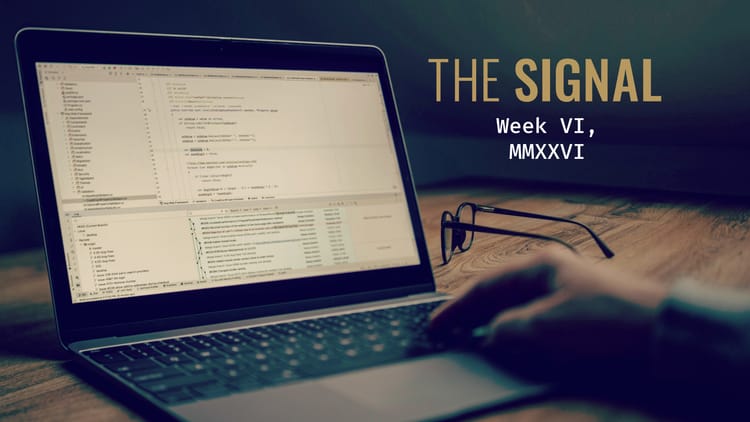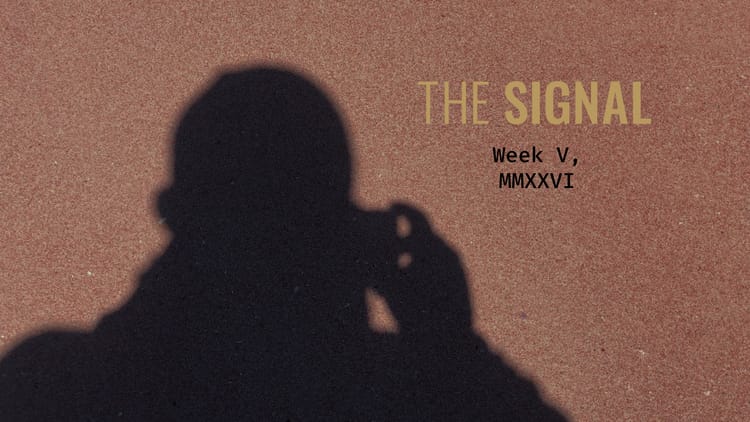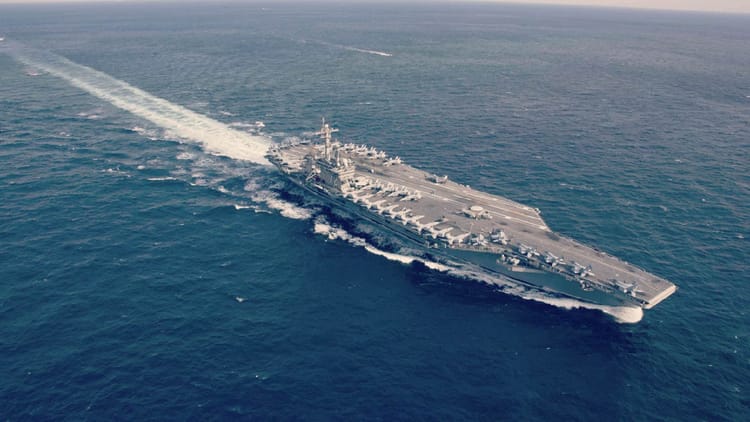What breaks, what bends
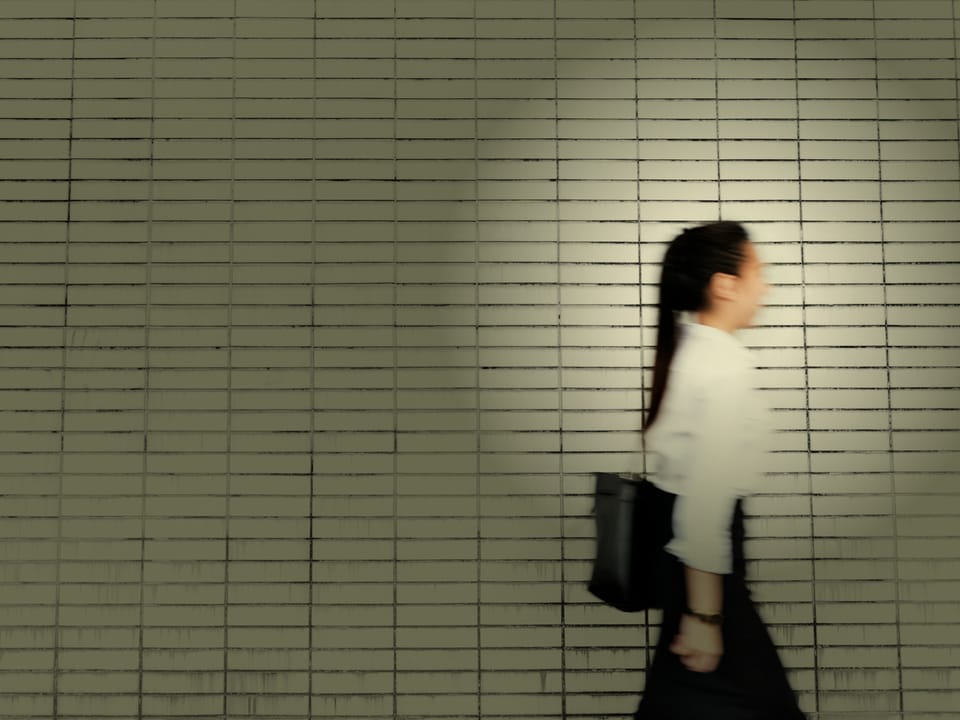
+ Haiti’s business elite now controls the country while gangs control the capital. … Succession trouble for Burma’s junta after its acting president dies. … America launches its biggest tariff blitz since 1934. … Corporate giants rush to play defense by investing in the U.S. … Washington turns against the rapid-response vaccines it and countries around the world used to control Covid. … & What to make of all the political instability in Taiwan?
Also this week: New works from Paul Blustein, Lei Liu et al., Peter Conti-Brown and Sean H. Vanatta, Rasmus Rosenberg Larsen, Victor Kossakovsky, and John Cassidy—with new music from Sofia Kourtesis, Black Sites, and VannDa.
& The weather report: 41.1158° N, 112.4768° W …
While established systems strain under new pressures worldwide—from France’s firefighting infrastructure, overwhelmed by climate-accelerated blazes, to corporate America bending itself to punitive trade policies rather than market logic—what’s going on in Taiwan shows something different.
Despite a longstanding external threat of invasion from China, and despite what’s looked recently like internal corrosion from the kind of partisan polarization we’ve seen across the West—opposition leaders comparing each other to Nazis, politicians literally brawling in the legislative chambers—polling has been showing a stubborn reality: An extremely high percentage of Taiwanese people still believe in democracy as the best form of government. As you’ll learn more about below, even in a recent recall campaign that targeted a full fifth of Taiwan’s legislature, both sides focused on legal rules rather than questioning each other’s democratic legitimacy.
It’s a sign of how institutions can have more resiliency than we might imagine from the hostilities they’re drawn into. While Israel’s Prime Minister Benjamin Netanyahu bets his political survival on military expansion, despite his own generals’ opposition, and Russia’s President Vladimir Putin deflects economic ultimatums by offering U.S. President Donald Trump the kind of diplomatic theater he craves, Taiwan’s democracy is absorbing intensive partisan warfare without fracturing. Our political systems, then, may have this much in common with everyday life: Their real test ends up being not how much stress we can avoid but how well we can function through it.
—John Jamesen Gould
The Signal—your loyal guide to a changing world. The member’s despatch—your weekly briefing on current affairs.
More than the news, every week, for less than that cup of coffee.
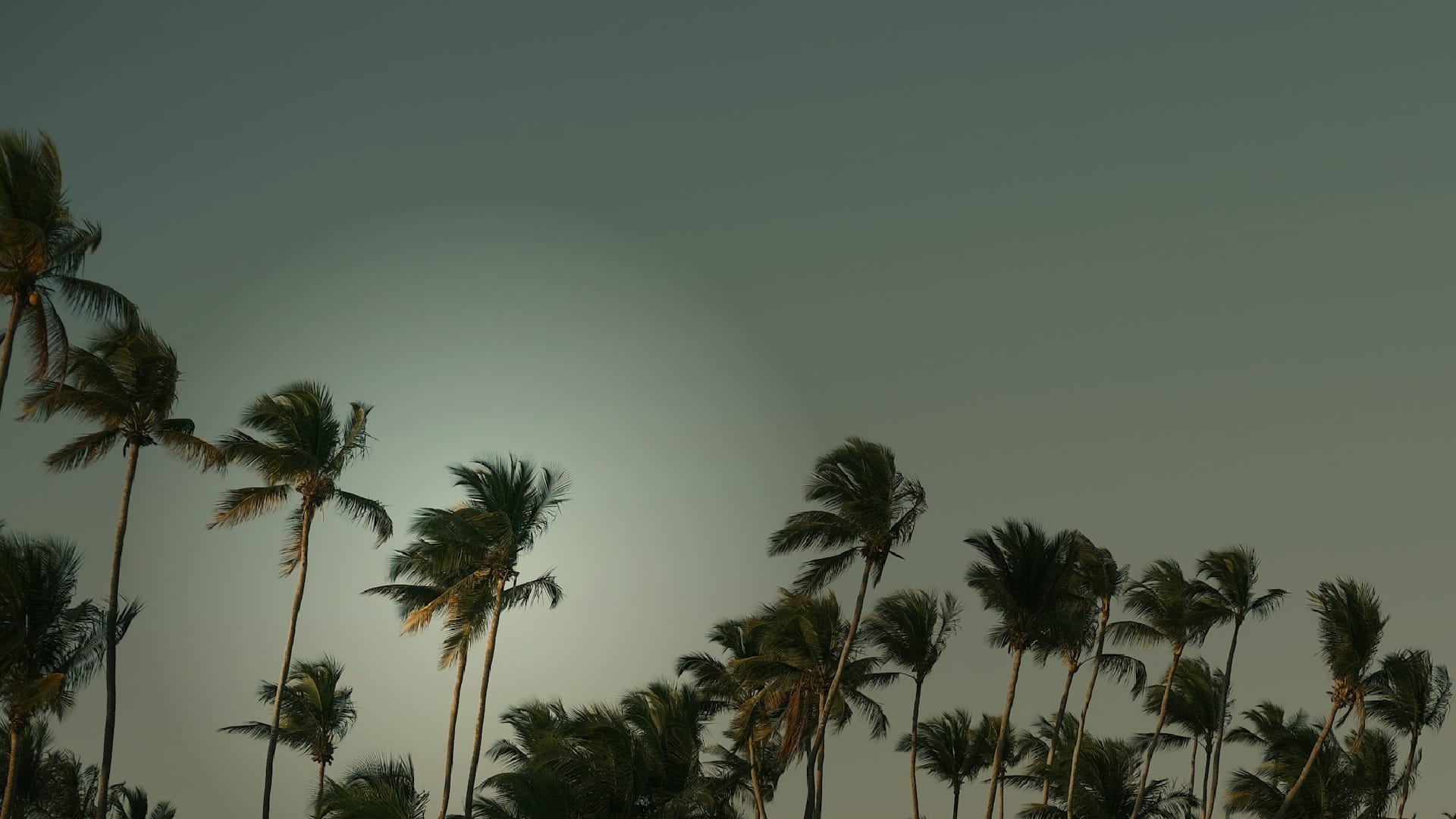
Developments
The world in brief, August 2-8
Escalation and calculation in Gaza
Israel’s security cabinet voted early Friday to expand military operations and take control of Gaza City. The plan—with its first phase deadline set for October 7, the two-year anniversary of Hamas’s deadly 2023 attack on Israeli civilians—would bring Israeli forces into one of the last areas not under full military occupation. Israel’s Prime Minister Benjamin Netanyahu’s office framed the decision as part of five principles for ending the war, including disarming Hamas and establishing Israeli security control over Gaza.



